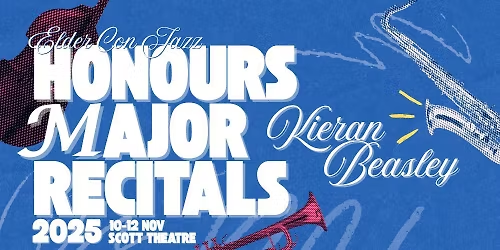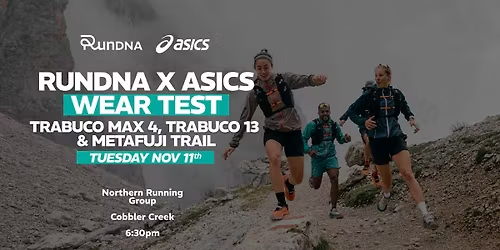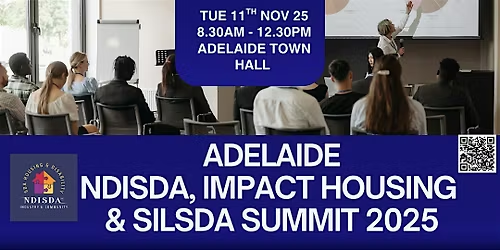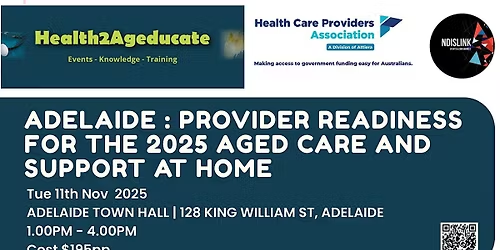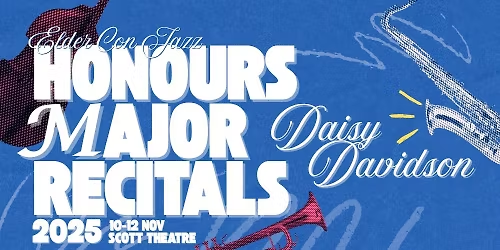
About this Event
Mastering Spatial Transcriptomics: An End-to-End Analysis Workshop with STOmics
- Dates & Times
- Tuesday 11 November | 2:30 – 5:00pm ACDT
- Location: Board Room Level 04 North (04.204) SAHMRI North Terrace, Adelaide, South Australia
- Format: In-person
Overview
Join us for this 2.5-hour hands-on workshop designed to equip Australian researchers with a standardized, end-to-end workflow for the spatial transcriptomics data. From raw data preprocessing toadvanced custom analysis, we will demystify the tools and pipelines to help you unlock the full potential of your data, regardless of your computational expertise.
Who Should Attend?
Wet-lab researchers, junior principal investigators, and clinical teams who want toovercome the technical barriers of spatial data analysis.
The content is valuable for both beginners seeking a solid foundation and experienced users looking to optimize their workflows.
Key Challenges Addressed:
Spatial transcriptomics is transformative, but its potential is often limited by analytical hurdles. This workshop directly addresses common pitfalls that lead to analysis errors andunreliable results, such as:
- Data Format Confusion: Navigating GEF/GEM files.
- Artifact Misinterpretation: Identifying false-positive signals like "uniform distribution"artifacts.
- Clustering Disputes: Ensuring data reliability to satisfy rigorous peer review.
Workshop Agenda
Module 1: Core Workflows & Hands-On Tools
Master preprocessing, avoid pitfalls, and achieve high-quality, reliable data.
- Preprocessing Fundamentals: Key data formats, critical pitfalls (reference annotation,image QC), and best practices for parameter tuning in the SAW pipeline.
- Spatial Localization & Cell Segmentation: Using CellBin for single-cell resolutiondata and adapting custom segmentation models for diverse tissue types.
- Visualization & QC: Hands-on with StereoMap for visualization and learning essentialquality control metrics to assess data quality.
Module 2: Cloud Computing & Advanced Analysis
Leverage cloud tools for scalable, advanced spatial analysis.
- Streamlined Cloud Analysis: Using the DCS Cloud platform for one-click pipelineexecution, eliminating local setup hurdles.
- Advanced Analysis with Stereopy: Multi-sample integration, cross-platform dataharmonization, and spatial deconvolution to identify cell-cell interactions andmicroenvironments.
- Practical Application: A live case study on Colorectal Cancer TME analysis,demonstrating the complete workflow from data to discovery.
Preparation & Requirements:
To ensure a seamless hands-on experience, please prepare the following before theworkshop:
1. Cloud Account Registration: All practical sessions will utilize the STOmics DCSCloud.
- Action Required: Please create your free account in advance here https://apac-cloud.stomics.tech/#/login. New users receive SG$100 in free credits.
- Project Creation: After registering, create your own cloud project. (Guide)
- Resources: Familiarize yourself with the platform using the Quick Start Guide and Video Tutorials.
2. System Configuration (Optional for Local Practice):
- While the cloud is preferred for the workshop, a local Windows PC is suitable forfuture use. Note that macOS may require additional configuration for Docker-based tools like Stereopy.
System Requirements
Minimum Requirements
Windows
- Windows 10 or later (64-bit)
- 16 GB RAM (minimum 8 GB RAM for Tools-QC)
- SSD storage highly recommended
- 100% scaling display setting recommended
MacOS
- Only compatible with the Apple M-series chips
- MacOS 11.3 (Big Sur) or later
- 16 GB RAM
- SSD storage highly recommended
- Default display settings recommended
Future Advanced Session
A follow-up advanced module covering denoising (SpotGF), community tools, and 3D reconstruction (Spateo) will be offered subject to participant interest.
Registration
Seats are limited for physical attendance (20 Max). Secure your place today to build confidence in spatial data analysis workflows.
Xiaochun Li (Melvin)
Mr. Xiaochun Li is a Field Application Scientist at , where he works directly with the every tools and pipelines featured in this workshop. With extensive, practical experience in Stereo-seq data analysis from preprocessing with SAW to advanced visualization with StereoMap and Stereopy. Xiaochun has guided numerous researchers through thecomplexities of spatial biology. His hands-on expertise ensures that this training is grounded in real-world application.
Dr. Nick Li
Dr. Nick Li is a molecular biologist with a strong background in cancer research and genomics. After completing his Biomedical Science degree with First-Class Honours, he earned his PhD in 2018 researching targeted therapies for Acute Myeloid Leukaemia. He has worked in both academic and secondary education, then joined BGI Research as a Field Application Scientist for STOmics, supporting spatial transcriptomics research across Australia. Nick is now the Business Development Manager at Decode Science, helping researchers in South Australia and Western Australia access advanced genomics solutions from MGI and STOmics.
Privacy Notice
Your personal information (e.g. name, email, phone number) will only be collected for the purpose of setting up your DCS Cloud test account and managing your workshop participation. Information will not be shared outside of the organizers. By registering, you consent to this use. If you have any questions or concerns please contact MGI Australia at [email protected].
Event Venue & Nearby Stays
Board Room Level 04 North (04.204), SAHMRI (South Australian Health and Medical Research Institute), 2 North Terrace, Adelaide, Australia
AUD 0.00

